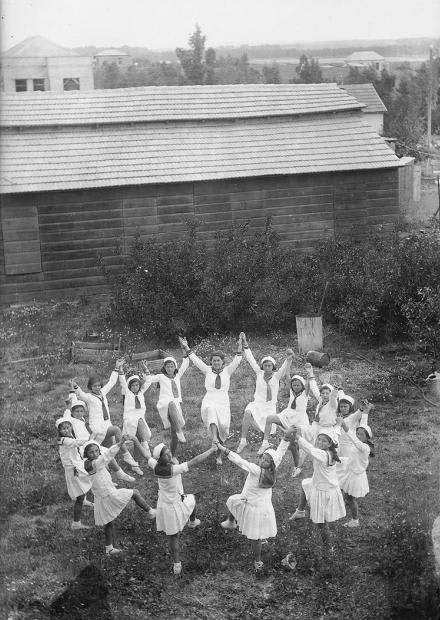This/next Wednesday (July 24) is Tu B’Av, the fifteenth day of Av. The Shulchan Aruch mentions that we do not say Tachanun on this day (Orach Chaim 131:6). The reason is because many joyful events took place on this day over the generations (Taanit 30b; Bava Batra 121b. The latter is today’s Friday’s – Daf Yomi).
If we examine the various events mentioned, we find that most of them relate to two distinct kinds of joy: marriage and Torah learning.
Regarding marriage, we learn of the following occurrences: As Israel first entered the land of Israel, single daughters without brothers, who there- fore inherited their fathers’ portions of the land, were required to marry someone from their own tribe, so that the land would not immediately go the tribe of the husband. This decree was reversed on Tu beAv, and then any young woman could marry a husband of any tribe. Likewise, in the time of the Shoftim, the tribes swore that for a certain period of time none would give their daughters to a husband from the tribe of Binyamin (end of Shoftim); this oath also was rescinded on Tu beAv, so that again all tribes could freely intermarry. And in the time of the Mikdash, Tu beAv and Yom Kippur were days when single girls would dance in the vineyards, giving young men the chance to choose suitable brides.
Regarding Torah learning, we learn the following: On this day, the punishment decreed following the sin of the spies was completed; therefore, full prophecy was restored to Moshe. In addition, from this day onward the intensity of the sun diminishes and the nights begin to lengthen; therefore, a person has more energy and more time to study Torah at night, which is the ideal time for Torah study. For this reason the Rema writes that from this day onward a person is required to begin a “night seder” (Yoreh Deah 246:23.)
It seems that there is a connection between these two aspects of Tu beAv. The gemara (Yevamot 62b) states that a man who dwells without a wife is “without Torah”. The Maharal explains that the Torah is man’s completion, or perfection. But a person whose very self is missing or lacking can not achieve completion. Man and woman by themselves are incomplete, and achieve human wholeness only when they are joined together in marriage; therefore, a whole new dimension of Torah is opened to a person at marriage (Chidushei Aggadot).
So the two aspects of Tu beAv are complementary. This is the day which has the special property of enabling us to attain new levels of completion: the personal completion of marriage, and the spiritual completion of Torah. And these two aspects are themselves complementary, since a person’s Torah is incomplete during single life, and certainly one’s married life is incomplete without Torah. (See Pesachim 49a.)
Rabbi Meir has completed writing a monumental companion to Kitzur Shulchan Aruch which beautifully presents the meanings in our mitzvot and halacha. It will hopefully be published in the near future.
Rabbi Asher Meir is the author of the book Meaning in Mitzvot, distributed by Feldheim. The book provides insights into the inner meaning of our daily practices, following the order of the 221 chapters of the Kitzur Shulchan Arukh.
The words of this author reflect his/her own opinions and do not necessarily represent the official position of the Orthodox Union.
